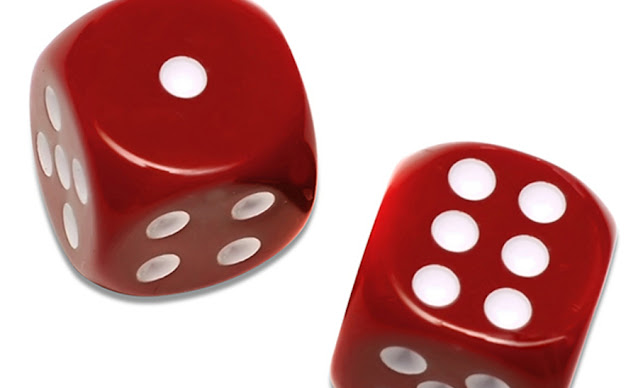
Probability always finds a way of playing tricks on our intuitions, whether you are flipping a coin, picking a lottery ticket, or tapping through a new mobile casino. It does not spare even such professionals as mathematicians, strategists, and data analysts. The human brain is programmed to see patterns, pursue gratification, and sometimes persuade itself that it is dominating the chaos.
The Unspoken Art of Being Bread and Roses.
On the face of it, probability appears to be simple: the probability of heads on a coin flip is 50/50, the probability of a rare event is 1/100, and so on. But we are in love with our intuition. We overrate streaks, fall into the so-called hot-hand illusions, and find order where there is randomness. Such cognitive biases as the gambler’s fallacy make us believe that historical losses have some bearing on future eventualities, a mental trap as old as chance itself.
Even the intellectual giants fall. The most well-known example of a Nobel laureate misjudging probability in a laboratory device is when a brain favorite is set up as an experiment, and the brain wants it to succeed, so it chooses the favorite. We want patterns. We crave narrative. And when there is a winning or a losing streak in the digital world, our dopamine circuitry rewards the thrill, rather than logical reasoning.
Why the Brain Adores a Good Pattern.
The trickery can be explained by neuroscience. Detection of patterns is how our brains are set up for survival 101. One of the neurotransmitters, Dopamine, which is the feel-good neurotransmitter, releases spikes when we expect rewards. It is not only about pleasure, but also about learning and prediction. The trick, however, lies here: digital experiences, such as using mobile casinos or exploring sites like Betrolla Netherlands, enhance these effects. The feedback loop is created by the variable rewards, instant gratification, and engaging interfaces. The brain interprets occasional wins as an indication of competence or tactic, which encourages an interaction even though the results may be completely random.
It is also affected by heuristics, or mental shortcuts. They assist us in decision-making in times of uncertainty, but tend to fail miserably in probability. This is augmented by decision fatigue: once the brain has been spending the day on decisions, it relies less on calculation and more on intuition, therefore becoming more susceptible to bias in assessing odds. Patterns of behaviour are formed, often with subtle stimulation of design features in applications, notifications, or interface prompts.
In the Digital Playground Probability.
The cybernetic space has become a testing ground for actionability. Betrolla Netherlands, as well as other online platforms, engages with human thinking patterns by designing things in a very meticulous manner. Streaks, near-misses, and variable reward schedules exploit our love of the unpredictable that is inherent in us. What appear as insignificant interactions may, when added together, define behavior. Players experience brief bursts of excitement; the brain is rewarding to engage with, and patterns, whether real or not, begin to shape decisions.
The use of these mechanisms is especially skilled by mobile casinos. Instant feedback, push notifications, and easy-to-use interfaces support the dopamine loop. Customers can find themselves pursuing victories, or feel the urge to play one more game, rather than the probabilities being altered; instead, it is because the brain’s reward system is well-adjusted to the beat of non-uniform reinforcement. The knowledge of these unconscious signals can be used to explain why even seasoned gamblers occasionally make wrong assumptions related to probability.
One of the lessons of Probability Puzzles.
The problems of classic probabilities exemplify the shortcomings of the brain. One such example is the Monty Hall problem, which puzzles many learned individuals: changing your mind is more likely to result in success, but the desire to remain in one place is a deal with the human subconscious. In the same manner, the birthday problem is shocking with its counterintuitive probability. Put into digital behavior, these paradoxes emphasize how even the contexts that are familiar to us, such as slot machines or mobile games, can be confusing and lead one astray. Consistent behavioral studies indicate that, as our pattern-seeking mind is prone to do, it overestimates correlations, misreads streaks, and underestimates randomness.
Even controlled experiments will see predictable errors in the participants. Cognitive bias takes over logic when probability takes the form of a series of wins and losses. Online, platforms such as Betrolla Netherlands are capitalizing on this insight, not by attempting to have users directly interact with them, but by designing interfaces that inherently appeal to human psychology.

